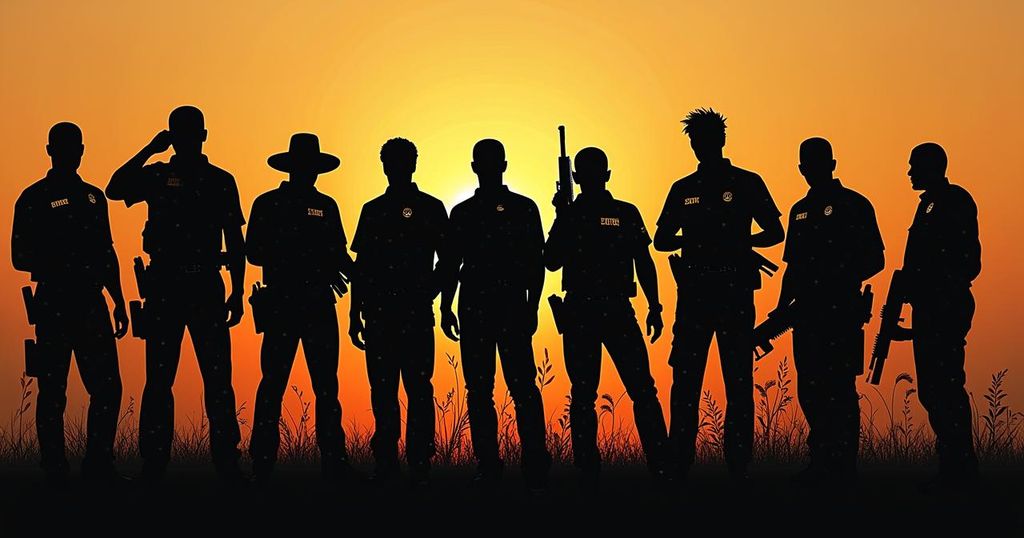President Nayib Bukele defended his government’s anti-gang crackdown at the United Nations, claiming it has improved safety in El Salvador by detaining 82,000 suspected gang members. He asserted that the country has transitioned from the murder capital of the world to the safest in the Western Hemisphere. Despite these claims, human rights groups criticize the methods employed and raise concerns about the detainment of innocent individuals. Bukele emphasized the importance of freedoms and expressed commitment to protecting civil rights.
President Nayib Bukele of El Salvador addressed the United Nations General Assembly, presenting the outcomes of his government’s anti-gang initiatives, which he claims have significantly improved public safety and returned peace to the streets of his nation. “In the last five years, El Salvador was reborn; we returned the streets of our country to our people,” he articulated during his speech, highlighting the state of emergency implemented in March 2022 that has facilitated the arrest of approximately 82,000 individuals suspected of gang affiliation without necessitating court orders. President Bukele asserted, “Some say that we have imprisoned thousands, but the reality is that we have freed millions. Now it is the good people who live freely, without fear, with their freedoms and human rights fully respected.” He emphasized the transformation of El Salvador from being labeled the murder capital of the world to becoming the safest nation in the Western Hemisphere, calling it the most significant challenge the country has ever faced. Despite his assertions, human rights organizations have expressed concern regarding the President’s strategies, alleging the unlawful detention of countless innocent individuals and criticizing the deplorable conditions within prisons. Bukele acknowledged the previous reputation of El Salvador as highly violent and strewn with gang-related issues, claiming that his administration has revitalized not only public safety but also the tourism sector, inviting international events focused on surfing, sports, and entertainment. Addressing political freedoms, Bukele denounced claims of repression, stating, “In El Salvador, we do not imprison our opposition, we do not censor opinions, we do not confiscate the assets of those who think differently, we do not arrest people for expressing their ideas.” He further reaffirmed his commitment to safeguarding freedom of expression and private property rights within the country.
In response to escalating crime rates and gang violence, President Nayib Bukele implemented a stringent anti-gang campaign in El Salvador beginning in March 2022. This initiative was characterized by a state of emergency that facilitated rapid detentions of alleged gang members, which, while claimed to restore safety, has drawn criticism from various human rights organizations for its methods. As El Salvador has a long-standing reputation for high levels of violence attributed to organized crime, Bukele’s measures have sparked a broad debate about the balance between security and civil liberties in the nation.
In conclusion, President Nayib Bukele’s address at the United Nations underscores his administration’s significant focus on combating gang violence in El Salvador. While the government asserts that these efforts have successfully increased public safety and revitalized the nation, the implications of such measures on human rights and civil liberties continue to provoke serious concern among international observers. The ongoing discourse surrounding Bukele’s policies highlights a critical intersection of security, governance, and human rights in the context of El Salvador’s revitalization.
Original Source: ticotimes.net






